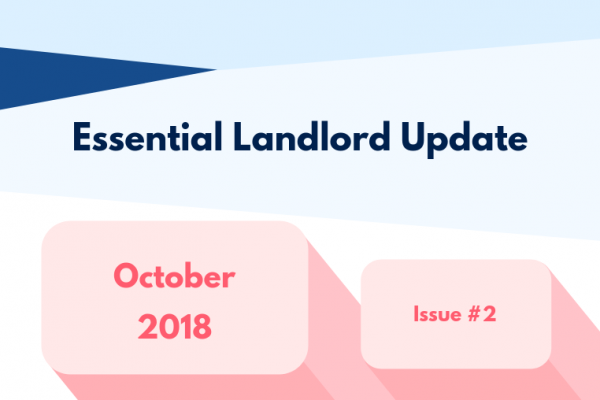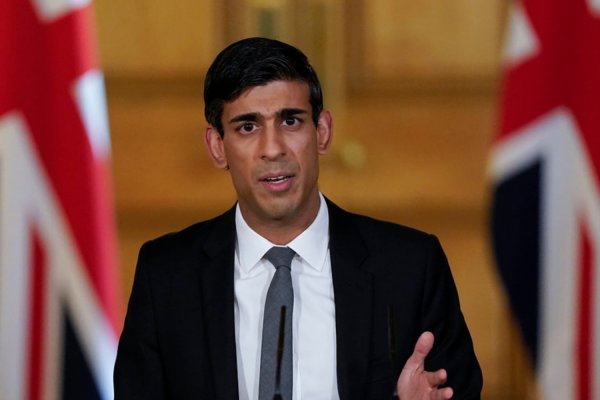We know that you will be considering how the plans of each party will affect you as a landlord at this general election.
To help you quickly get a grasp on the main positions of each party, we have written a summary of what the three large national parties (the Conservatives, Labour and Liberal Democrats) are promising in their manifestos.
We haven’t included any comment or analysis. There’s enough of that in the newspapers! Here we focus on what has been promised on the Private Rented Sector and taxation that will affect UK landlords.
Subscribe to free landlord updates.
Conservative and Unionist Party
Private Rented Sector
The Conservatives promise a ‘Better Deal for Renters’. This will include:
- Abolishing ‘no fault’ evictions
- Creating a ‘lifetime’ deposit which moves with the tenant
- Protection from revenge evictions and rogue landlords
- Strengthened rights of possession for ‘good landlords’
They also pledged to continue reforms of leasehold property, banning the sale of new leasehold homes, restricting ground rents and setting up a redress mechanism for leaseholders. Conservatives will support high-rise residential residents and remove unsafe cladding.
Universal Credit (which many tenants use to pay rent) will continue to be rolled out, replacing legacy benefit payments. The freeze on benefits will end.
Tax
A Conservative Government would not increase income tax, national insurance or VAT. The National Insurance threshold is due to rise to £9,500 next year, saving the average landlord £85 per year. They state an ambition to raise the threshold to £12,500 in future.
Conservatives have also announced a 3% surcharge for non-UK resident buyers of residential property.
Find the full manifesto here.
Labour Party
Private Rented Sector
A Labour Government would cap rent-rises at the rate of inflation and give cities additional powers to further cap rents. They would create ‘new open-ended tenancies’ and stop ‘no fault’ evictions. Right to Rent checks would be scrapped.
New minimum standards on properties would be introduced and nationwide licensing would be backed up with tougher sanctions on rule-breaking landlords. New renters’ unions would be funded.
Councils would be given new powers to regulate the short-term lets market.
Labour would set up a £1bn Fire Safety Fund which will in part be used to replace Grenfell-style cladding on all high-rise homes.
They would make land ownership more transparent and end ‘permitted development’ schemes which allow office space to be converted directly into residential use property without following the usual planning permission routes.
A Labour Government would end the Right to Buy for social and housing association properties. Contrary to what John McDonnell said earlier this year, the manifesto includes no plans to roll Right to Buy out to the private sector
Councils would be given additional powers to tax empty properties, and foreign companies would face a levy if buying housing in the UK. Labour pledge to abolish ‘unfair fees’ for leaseholders, and give them the right to buy their property freehold.
Universal Credit would be scrapped and an alternative benefit payment system would be developed. The ‘worst features’ of Universal Credit would be ‘mitigated’ until it can be replaced.
Outside of the manifesto, Labour are promising a ‘renter’s charter’ and an annual ‘property MOT’ for rented properties.
Tax
National Insurance contributions and VAT would be frozen. Income tax would be frozen for those earning under £80,000. Those earning over £80,000 would be taxed at 45%; those earning over £125,000 would be taxed at 50%. Both new bands would come in during 2020/21.
For context, there are currently 1.6 million people with taxable incomes over £80,000. The average landlord’s rental income is £15,000 according to the English Private Landlord Survey. The mean landlord income, excluding their rental income, is £46,000.
Corporation tax would rise under a Labour Government, which would affect landlords who let properties via a limited company. Corporation tax would increase to a headline rate of 26% by 2022/23 and a rate of 21% by 2022/23 for profits of under £300,000: i.e. the company would need profits of over £300,000 before it began to pay the higher rate.
Labour would impose a levy on second homes equal to 200% of the current council tax bill for the property. They estimate this would affect around 250,000 homes. Capital gains tax would be increased to the same level as income tax. Primary residences would continue to be exempt.
Liberal Democrats
Private Rented Sector
The Liberal Democrats would introduce government-backed deposit loans for first-time renters under 30, to help them access the private rented sector. Tenancies of three years or more would be encouraged by building in inflation-linked annual rent increases. This is intended to fight rough sleeping.
Mandatory licensing would be used to protect against rogue landlords. Lib Dems would increase the minimum energy efficiency standards (MEES) for rented homes and remove the cost cap on improvements.
The ‘hostile environment’ policy towards immigrants would be ended. (OpenRent understands this to mean scrapping Right to Rent, although this is not said explicitly.)
Councils would be given the power to increase council tax by 500% on second homes. Overseas residents would be made to pay a stamp duty surcharge when buying second homes in the UK.
Jo Swinson’s party would increase Local Housing Allowance (LHA) in line with average rents in the area. It would also introduce ‘positive incentives’ for people to downsize their homes. Universal Credit would be reformed with the stated aim of being more supportive of the self-employed.
Tax
A Liberal Democrat Government would raise corporation tax to 20% and abolish the separate Capital Gains Tax-free allowance. They would also increase income tax by 1%.
Find the full manifesto here.
Sign up to the OpenRent newsletter for monthly landlord updates to your inbox!




It is obvious to me which party is trying to get votes of tenants by targeting all landlords
The real pity is that none of the parties really seems to understand the viewpoint of the responsible PRS landlord. I’ve written to each of my local main party MPs, with contact details, inviting them to come take a look at how a well intentioned, multi property landlord runs his portfolio. So far, no contact, but I remain hopeful. It seems there’s one party that isn’t particularly fussed about hammering our sector of the market, but based on their track record in government, I can’t say I trust them to be any better than their competitors. It’s truly going to be a race to the top by everyone racing to the bottom. If only someone that could make a difference would simply listen & learn about what we do & how we do it. It seems that every one of the politicians seems to have an opinion & an agenda on us evil landlords. As everyone knows we’re the richest in our communities & will go into Christmas counting our massive piles of cash & making our Scrooge like plans for how to bleed our tenants dry in the coming year. Or am I thinking that’s what the politicians are doing with landlords in mind?
Hi Rod, thanks for raising these points so that other readers can consider them.
Remember if the Tories get in you will lose the NHS, the financial costs of running the UK will mean more taxes and fewer services, works rights, minimum wages, environmental guidelines will be thrown out of the window, UK will be a vassal body to the US, and many more negative results besides being lied to at every turn - think NHS and taxes.
https://www.youtube.com/watch?v=5whoAJ5cdlwI have been a Tory voter apart from Blair - this time tactical voting for remain camp.